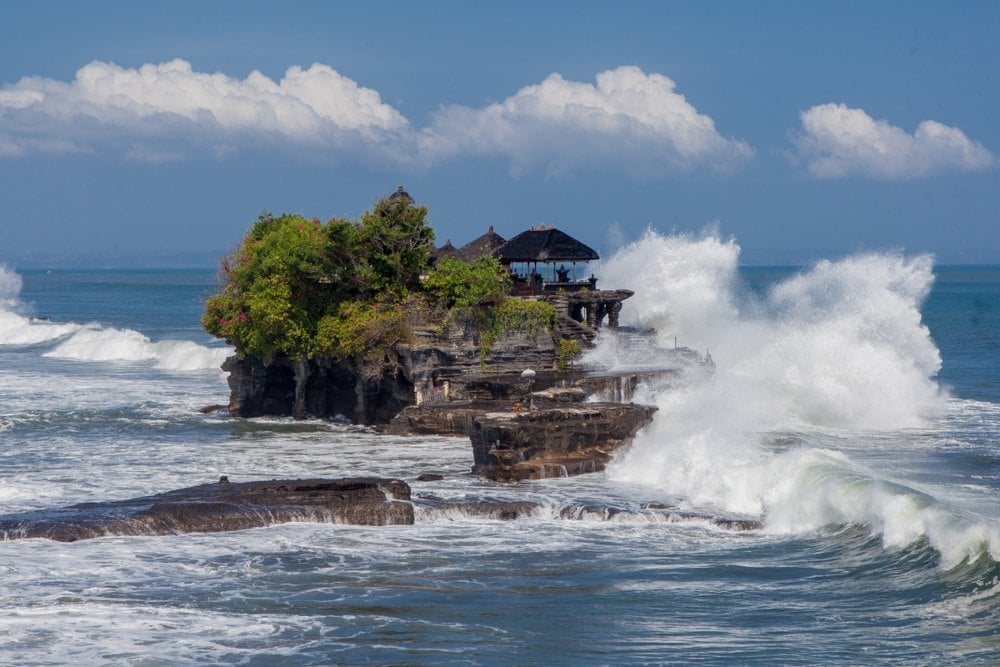Authorities say firefighters face a “difficult day” as a massive fire approaches Fort McMurray in Alberta’s oil fields.
Authorities in the Canadian province of Alberta have issued evacuation orders for neighborhoods in Fort McMurray, as growing wildfires approach communities in the heart of Canada’s oil fields.
The Regional Municipality of Wood Buffalo gave residents in the Abasand, Beacon Hill, Prairie Creek and Grayling Terrace areas about two hours Tuesday afternoon to leave their homes due to an approaching wildfire.
“This area is directly adjacent to a location where fires could potentially spread. Regional emergency services would be better able to defend this area from wildfires if it were uninhabited and clear,” the municipality said.
Located about 430 km (270 miles) northeast of Edmonton, Fort McMurray has previously experienced devastating wildfires.
In 2016, tens of thousands of people were forced to flee when massive fires destroyed homes, businesses and other structures in the city.
The MWF017 wildfire continues to spread, particularly in the northeast. Firefighters will continue to work today to establish a perimeter around this fire. For more information on this fire: https://t.co/ANhyIyWgtt pic.twitter.com/biGLpz0iU6
— Alberta Wildfires (@AlbertaWildfire) May 14, 2024
The current wildfire – designated MWF107 – has grown to 9,602 hectares (23,700 acres) and is considered out of control, the Alberta Provincial Fire Agency said in an update Tuesday. It is located approximately 15 km (9 miles) southwest of Fort McMurray.
“Smoke is affecting visibility and it is difficult to determine precise distances at this time,” the agency said Tuesday morning.
“Fire activity is intensifying on the northeastern edge of the fire, driven by southwest winds. A column of smoke develops. It will be a difficult day for firefighters.
Canada is experiencing its most intense fire season on record in 2023, as hundreds of wildfires burn across the country’s provinces and territories.
Massive fires have forced thousands of people to flee their homes, destroyed entire communities and sent huge columns of smoke across the United States and Europe.
Experts say the climate crisis is largely to blame for these record fires. Higher temperatures have extended Canada’s wildfire season, which typically runs from late April to September or October.
It also increases lightning, which typically causes about half of all fires in the country.
In recent days, several thousand people in the western Canadian province of British Columbia have also been evacuated from their homes after a major wildfire broke out near the small town of Fort Nelson, in the northeast of the province.
The Parker Lake wildfire near Fort Nelson, a small town in northeastern British Columbia, on May 10 [Andrei Axenov/BCEHS/Handout via Reuters]Known as the Parker Lake bushfire, the fire in British Columbia could move closer to the town and neighboring Fort Nelson First Nation, as authorities warn of the risk of strong winds directing the flames.
But local media reported that weather conditions were favorable in the region on Tuesday.
Rob Fraser, mayor of the Northern Rockies Regional Municipality, which includes Fort Nelson, told CBC News on Tuesday morning that the weather was very calm and overcast skies should help crews respond.
“Until the wind comes from the west, it won’t blow any closer to the city,” Fraser said.
Last week, the Canadian government said meteorologists from Environment and Climate Change Canada had predicted “weather conditions for spring and summer 2024 that could lead to a greater risk of wildfires.”
“As would be expected with climate change, much of Canada has experienced warmer and drier spring conditions so far, with the added influence of El Nino this year,” the government said in a press release.
“Drought conditions are expected to persist in high-risk areas through May, including the southern Prairie region and western provinces. »

“Tvaholic. Beer guru. Lifelong internet nerd. Infuriatingly humble pop culture scholar. Friendly food advocate. Freelance alcohol fan. Incurable bacon ninja.”


:strip_icc():format(jpeg)/kly-media-production/medias/4953136/original/060929700_1727279642-Screenshot_2024-09-25_224617.jpg)



:strip_icc():format(jpeg)/kly-media-production/medias/3306276/original/047015900_1606275972-CjkinzN007013_20201125_CBPFN0A001.jpg)